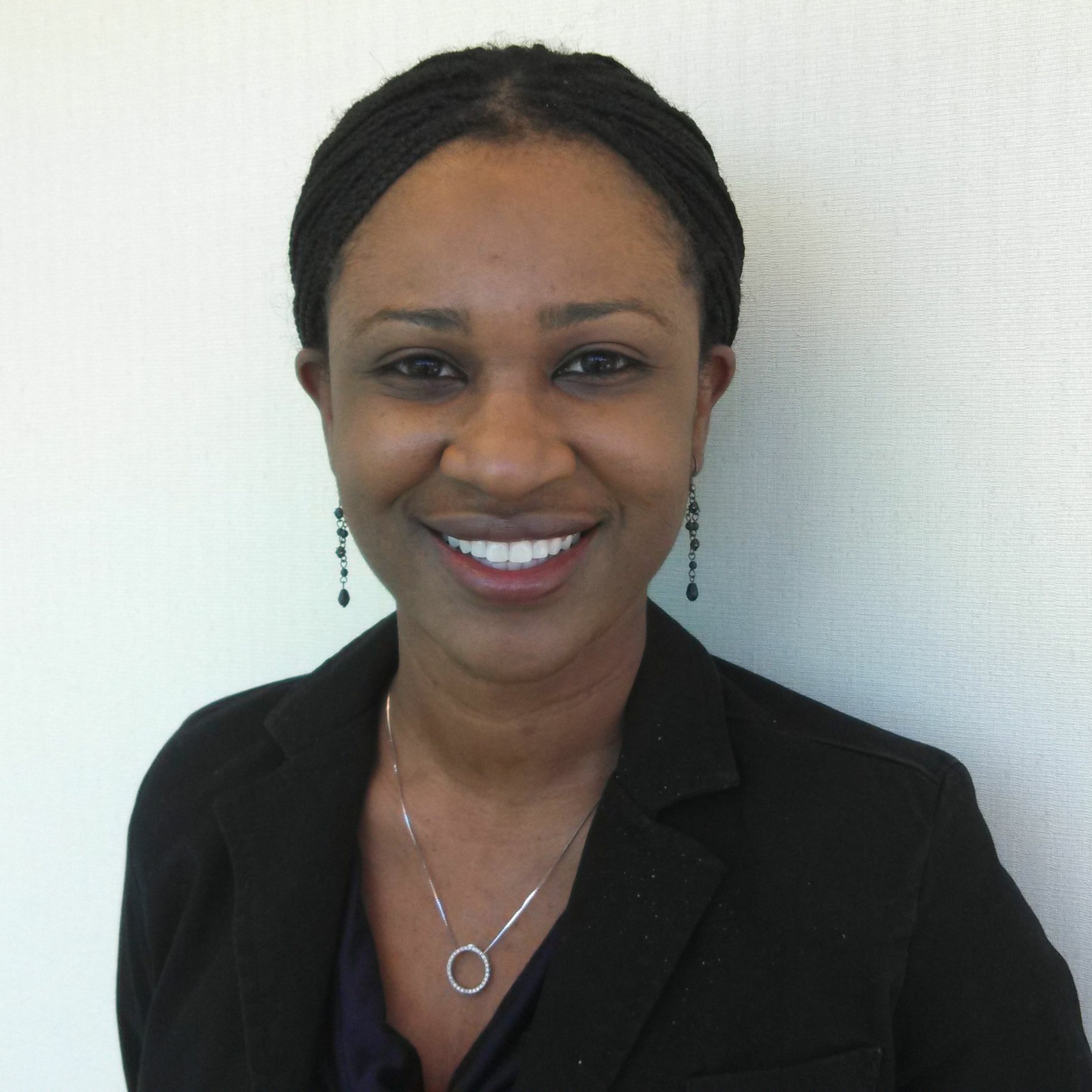Improving outcomes for a deadly sub-type of lung cancer

Lung squamous cell carcinoma (LSCC) is the 2nd most common sub-type of lung cancer, accounting for around 30% of lung cancer diagnoses. \n\nAnd it is a particularly deadly disease that\u2019s characterized by poor therapeutic response, a high relapse rate, and poor prognosis. Furthermore, unlike other subtypes of lung cancer, to date there are no therapies to specifically target the LSCC subtype.\n\nVerline Justilien, PhD, has an American Cancer Society grant to study an oncogenic protein called Ect2. Too much of it is a bad thing, and the more you have of it as a LSCC patient, the worse your prognosis is. What if we could know which patients have a worse prognosis, so we could treat them more aggressively? What if a therapy could target Ect2?\n \nDr. Justilien takes us through her very promising research into a kind of cancer where we urgently need progress. And she also \n\nVerline Justilien, PhD, is Assistant Professor of Cancer Biology at the Mayo Clinic.\n\n3:28 \u2013 What is lung squamous cell carcinoma (LSCC)?\n\n5:33 \u2013 A goal of precision medicine is targeting and treating specific tumor types; but no therapies are available that specifically treat LSCC. Dr. Justilien talks about why that is.\n\n8:40 \u2013 What is an oncogene? \n\n9:53 \u2013 Why is the Ect2 oncogene so important\u2026\n\n11:54 - \u2026and why is it so important in this sub-type of lung cancer? \n\n14:33 \u2013 Could the levels of Ect2 in a lung squamous cell carcinoma patient be used to predict patient outcomes?\n\n17:49 \u2013 On how her team is trying to target Ect2 therapeutically\n\n19:04 \u2013 How ACS funding has impacted her research\n\n21:08 \u2013What advice would she have given to her high school self to encourage her to accomplish her dreams?\n\n23:14 \u2013 While female college students of color report interest in STEM majors at an equivalent rate as white women students, they remain the least represented group in STEM. What could be done to attract and retain more women of color in research? How could ACS help?\n\n26:39 \u2013 A message she\u2019d like to share with cancer patients, caregivers, and survivors